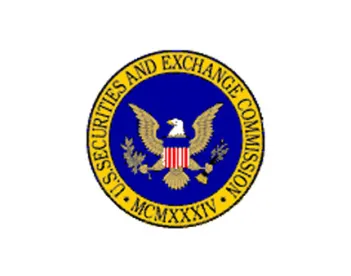On August 4, 2015, the Securities and Exchange Commission (the SEC) clarified a discrepancy in the interpretation of the securities laws regarding whether an individual who reports securities law violations must report misconduct to the SEC in order to constitute a “whistleblower,” who is entitled to protection under the anti-retaliation provisions in the 2010 Dodd-Frank Wall Street Reform and Consumer Protection Act (the Dodd-Frank Act). Lawmakers are also now considering an extension of the time period within which the SEC must enforce violations of securities laws from the occurrence of such violations.
In its August 4, 2015 release, the SEC sought to resolve a discrepancy between the two definitions of “whistleblower” under the Dodd-Frank Act. The discrepancy arose as a result of one provision of the Dodd-Frank Act extending anti-retaliation protections to any “whistleblower” who reports a securities law violation internally and another provision defining a “whistleblower” as an individual who reports a securities law violation to the SEC.
The SEC noted that a “whistleblower” does not need to report a securities law violation to the SEC in order to be entitled to protection under the anti-retaliation provisions of the Dodd-Frank Act, and that the reporting of such violation to his or her employer is sufficient to be entitled to such anti-retaliation protection. However, the release also clarified that a “whistleblower” must still report a securities law violation to the SEC in order to be entitled to whistleblower awards and confidentiality under the Dodd-Frank Act.
The position taken by the SEC in the August 4, 2015 release is consistent with the position taken by the SEC regarding these definitions since the adoption of the Dodd-Frank Act regulations in 2011, and was apparently issued in response to the 5th Circuit decision in Asadi v. G.E. Energy (U.S.A.), L.L.C., 720 F.3d 620 (5th Cir. 2013), in which the 5th Circuit found that employees must report a securities law violation to the SEC in order to be entitled to the anti-retaliation protections under the Dodd-Frank Act, or else be limited to raising retaliation claims under the Sarbanes Oxley Act of 2002. It is believed that the SEC also issued the August 4, 2015 release in an effort to possibly influence the interpretation of these provisions by the federal courts.
Shortly after the SEC’s August 4, 2015 release, Sen. Jack Reed (D-Rhode Island) introduced a bill, S. 1960, which would extend the time period within which the SEC must enforce a securities law violation from five (5) years after the occurrence of the violation to ten (10) years after occurrence of the violation. It is believed that the bill is intended to mitigate the impact of the U.S. Supreme Court decision in Gabelli v. SEC, 133 S. Ct. 1216, 1217 (U.S. 2013), which declared the five (5) year statute of limitations for the SEC to enforce securities law violations begins at the time of occurrence of the violation, and not the discovery of the violation.




 />i
/>i

